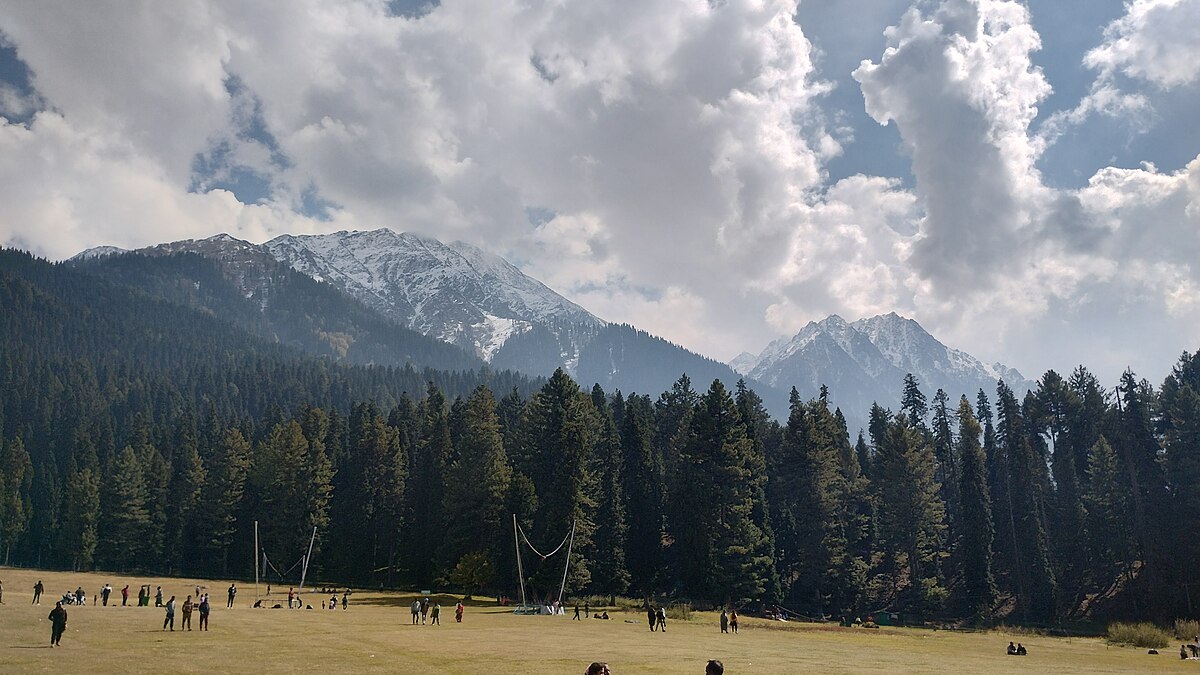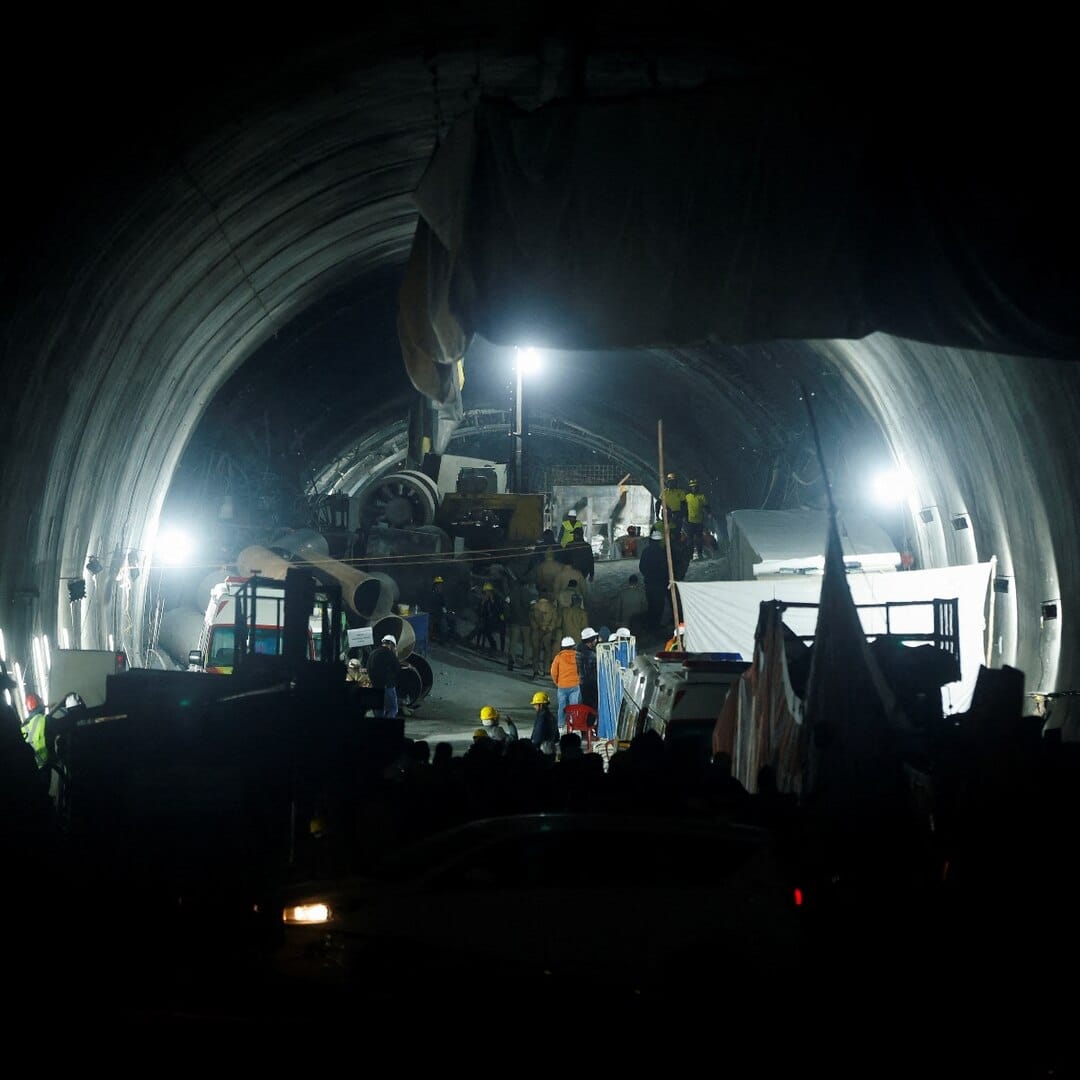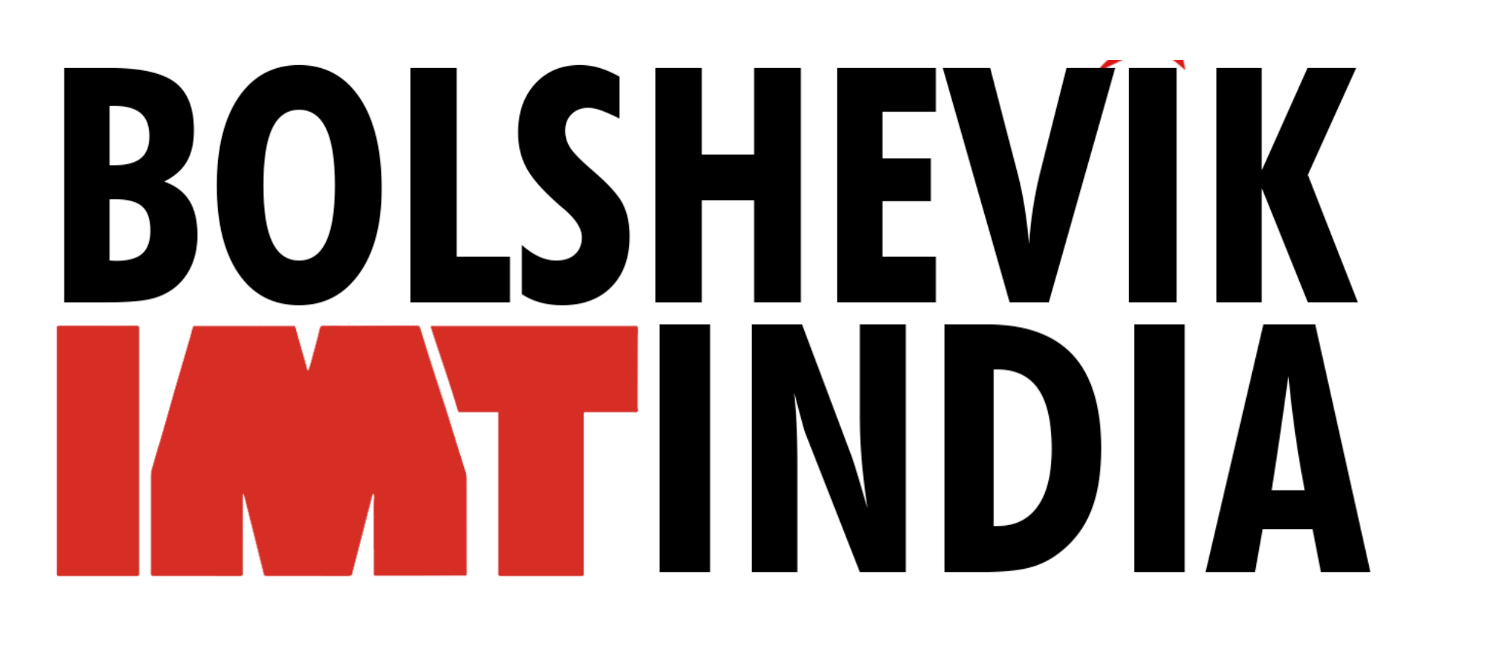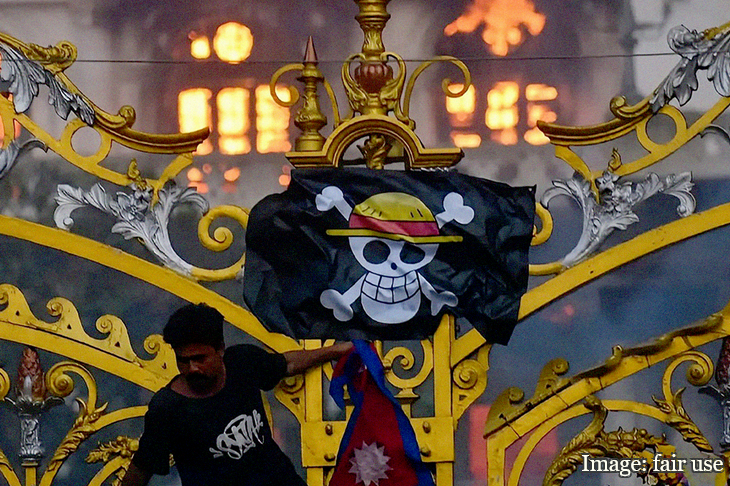On 22 April, terrorists attacked the Pahalgam District’s Baisaran Valley in occupied Kashmir, killing 26 defenceless people. The Modi government has used this heinous crime, which it has helped to provoke with its oppressive sectarian agenda, as an excuse to launch airstrikes on Pakistan-administered Kashmir, raising the spectre of a military conflict between two nuclear-armed states.
The background to the attack was Modi’s revocation of Article 370 of the Indian Constitution in 2019, which formerly guaranteed special status to the disputed territory of Jammu and Kashmir, India’s only Muslim-majority state. This was accompanied by a series of laws facilitating land-grabs and incentivising non-locals to settle the territory, while Kashmiris continue to endure state repression and severe economic hardship.
This policy, celebrated by Modi’s Hindu nationalist base, also fuelled Islamist militant groups, such as The Resistance Front (TRF), which initially claimed responsibility for the attack and has been linked to the terrorist group Lashkar-e-Taiba. Reports from the survivors state that gunmen demanded that victims state their faith, shooting any non-Muslims who fell into their hands.
Kashmir says: “not in our name!”
The beautiful valley is a popular destination for newlyweds, and many victims were on their honeymoons. 25 Indians and one Nepalese citizen were killed. All but two of the victims were Hindu, except for one Christian and a Muslim Kashmiri who heroically attempted to intervene against the bloodshed. In defiance of the sectarian character of this horrifying terror attack, the violence was condemned by Kashmiris from all walks of life.
In the aftermath, shops were closed in solidarity with the survivors and out of respect for the dead. The majority-Muslim population of Kashmir expressed their unwavering support for the victims of the terror attack. Protests against the tragedy included marches by candlelight and rallies. The attack was also unanimously denounced by the Kashmiri legislature, which is now a part of the Union territory.
Since Pahalagam is a popular tourist destination, this attack will likely severely harm the local economy, which was finally recovering somewhat after the Modi regime repealed Article 370. The Indian government immediately responded by putting the Indus Water Treaty in abeyance, as well as demanding that visitors from Pakistan leave for their home nation.
An embarrassment for the regime
During a 24 April All-Party conference, the Modi government acknowledged that the Pahalagam tragedy involved a security lapse. Even though Jammu and Kashmir is one of the most militarised regions on earth, neither the army nor the police were present when the incident occurred.
Normally, Baisaran Meadows would only open in the middle of May, but it opened two months early and received close to 1,000 daily visitors. There was a massive influx of tourists, and the three layers of security in Pahalagam that day failed to coordinate. It took an hour for army personnel to get to the scene following the attack.
There were no drones or alarm systems in place, nor was there any established evacuation or medical response procedure. Wounded people had to be carried to safety by other visitors and pony handlers on foot.
Similar security lapses led to the 2008 Mumbai terrorist attacks, which killed 166 people, and the 2019 Pulwama attacks, where 46 soldiers lost their lives. Despite Modi puffing out his chest and vowing to hound the perpetrators to the ends of the earth, this was yet another embarrassing and deadly failure on the part of the so-called strongman.
Communalist opportunism
The tragedy is being exploited by the right-wing Hindutva parties and organisations, including the ruling BJP, its affiliated fascist thugs in the RSS, and associated fringe groups. In several states, right-wing forces have threatened Kashmiri students, causing them to be singled out and forced to leave the campus.
The right-wing media has attempted to spread hate towards Muslims and communalise the event. However, most survivors have categorically disputed these hate campaigns. According to their stories, Kashmiris assisted them in leaving the scene, the doors of their homes were opened to them, they received good treatment, and taxis were provided at no cost.
In one case, a Muslim tour guide and pony handler named syed Abdil shah lost his life fighting the terrorists who were attacking civilians, when he might have protected himself. In another instance, a woman from Kerala lost her father in the attack, but mentioned she and her children were saved thanks to the quick action of the locals.
Another woman, Himanshi Narwal, lost her navy captain husband Vinay, but has advocated for peace and justice, vehemently disagreeing with the right-wing media’s targeting Kashmiris and Muslims. As a result, she was subjected to sexist comments and questions about her plans following her husband’s death on social media by right-wing nationalist trolls.
The Delhi National Commission of Women did not take action against these threats and trolls. Videos have also come to light showing that Suvendha Adhikari, the state head of the BJP in West Bengal, forced one of the attack survivors to claim that they were attacked because of their religious identity.
War hysteria
Modi repeatedly makes claims of ‘normalcy’ returning to Kashmir during election campaigns, but this utter falsehood has been exposed. Normalcy can only be restored by the release of political prisoners, the demilitarisation of the region and national self-determination of Kashmiris.
However, over the past 75 years, the ruling elites on both sides of the subcontinent have done the exact opposite of this. Their sole objective has been to divide the populace and divert attention away from the actual problems facing the people, such as unemployment, inflation, and living standards, by generating a nationalist fervour among the populace over this issue.
Both nations’ ruling classes have been inciting conflict for years, along with the reactionary media. Now they are finding their excuses. Due to internal unrest and the protests by the masses at Balchositan against state violence and enforced disappearances, the ruling class in Pakistan, led by Shebaz Sharif, is already on the defensive.
26 hostages were killed when the Baloch Liberation Army hijacked a train travelling from Quetta to Peshawar. The Pakistani ruling class accused India of facilitating this attack. India, in turn, blames Pakistan for the attack in Pahalgam.
We have seen such tactics before. Modi utilised the Pulwama terrorist attack, which claimed the lives of 46 Indian army personnel, and the Indian army’s counterattack in Balakot to his advantage during the 2019 election campaign. And this month is the due date for India’s state assembly elections in Bihar and elsewhere. War, according to Clausewitz, is the continuation of politics by ‘other means’.
As of the time this article was being written, the Indian Army attacked nine locations in Pakistan and Pakistan-occupied Kashmir that it described as terrorist camps. 12 Civilians have been killed at Poonch as a result of Pakistan’s retaliatory artillery fire close to the Line of Control.
Naturally, the masses suffer the most during times of war, and if a full-scale conflict breaks out between countries with nuclear weapons, it would be a nightmare for the billions of people living in the subcontinent. The working class in both nations must reject this inter-imperialist conflict. The chauvinist outlook of Stalinist parties like the CPI and CPIM, which have lined up behind the reactionary Modi government, has been exposed. These rotten outfits can be dispensed with. A genuine internationalist response is called for!
Capitalism and terrorism
Pahalagam was a horrifying event. Capitalism and terrorism are two sides of the same coin. Ultimately, the sectarian bloodshed that has drenched the subcontinent is a lasting legacy of imperialism, which tore the peoples of this region apart and pitted them against one another. The ruling classes of independent India and Pakistan continue in this fine tradition.
But the woes of the masses cannot be satisfied by terrorism, whether it is Islamic or Hindutva. On the contrary, terrorism in the subcontinent would only increase as a result of the BJP and RSS’s hate speech, arrests of political activists, divide-and-rule policies, and state repression. Whether it is the Congress or the BJP regime, the capitalist class has failed to deliver security, plenty and peace to the masses.
The answer to these terrorist attacks is not a war that Modi sees cynically as an opportunity to repair some of his lost prestige. The masses on both sides of the subcontinent must rise up, organise, and break down barriers of caste, religion, and ethnicity to unite in a common class struggle to bring down these rotten regimes, which portend nothing but more hatred and suffering in the years to come.




